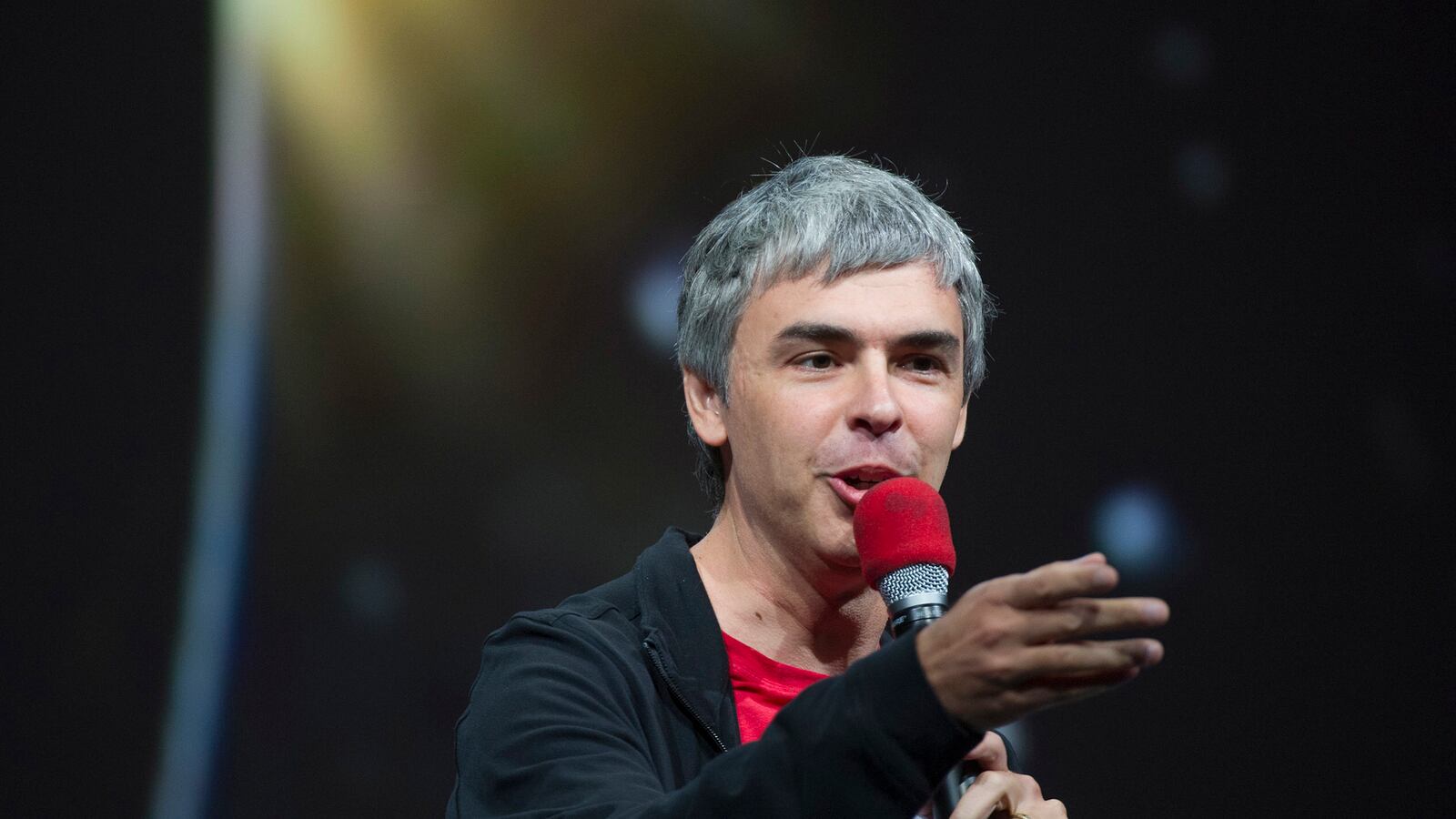Google co-founder Larry Page wants to collect your health data. Why? To create a superdata set for medical researchers to mine in an attempt to cure illnesses. Yesterday, the search giant got one step closer to Page’s dream with the release of a new fitness platform, Google Fit.

Fit aims to unify the data from all health trackers, and by doing so, will quickly become the largest warehouse of consumer health data in the world. And, while it will initially launch as a simple way to manage one’s own fitness goals, it sets up an easy path towards Page’s dream of a massive health data store.
At this year’s TED conference—in the aptly titled, “Where’s Google Going Next?”—Page let loose an unprompted wish list for the future of medicine:
“Wouldn’t it be amazing if everyone’s medical records were available anonymously to research doctors? And when someone accesses your medical record, a research doctor, they could see, you could see which doctor accessed it and why, and you could maybe learn about what conditions you have. I think if we just did that, we’d save 100,000 lives this year.”
In truth, Page probably underestimated the number of lives saved. FDA researcher Richard Pratt surmised that we’d save up to 50,000 lives alone had we been able to spot the side effects of Vioxx. With a large enough sample of the public’s health data, we could have discovered statistical patterns long before the drug killed so many people.
Unfortunately, Page also overestimated our ability to keep data anonymous. “We have been pretending that by removing enough information from databases that we can make people anonymous. We have been promising privacy, and this paper demonstrates that for a certain percent of a population, those promises are empty,” wrote John Wilbanks of Sage Bionetworks, about a new study that re-identified anonymous donors in a DNA dataset.
The short answer is that in the near future, we’ll likely have to choose between privacy and saving lives. Google has promised to release fitness data only with users’ permission. But Google won’t have to beg users to release all their data—users are going to do it willingly.
Clever statisticians are already finding ways to diagnosis serious medical diseases from simple pedometers, such as the Fitbit. Research firm Gero, for instance, claims it can correlate the way the body moves with diabetes, Parkinson’s, depression, and high blood pressure.
If users want researchers to identify other diseases, they’ll have to release their data. The only way we’ll be truly healthy will be to keep data constantly accessible. That means combining it with datasets that can easily be re-identified.
Google Fit’s first partners are some of the biggest names in health trackers—from Nike to Polar. It will only be a matter of time before someone uses Google’s new database to predict an illness. From there, more users will happily sign up.
Page’s dream will be realized soon.




